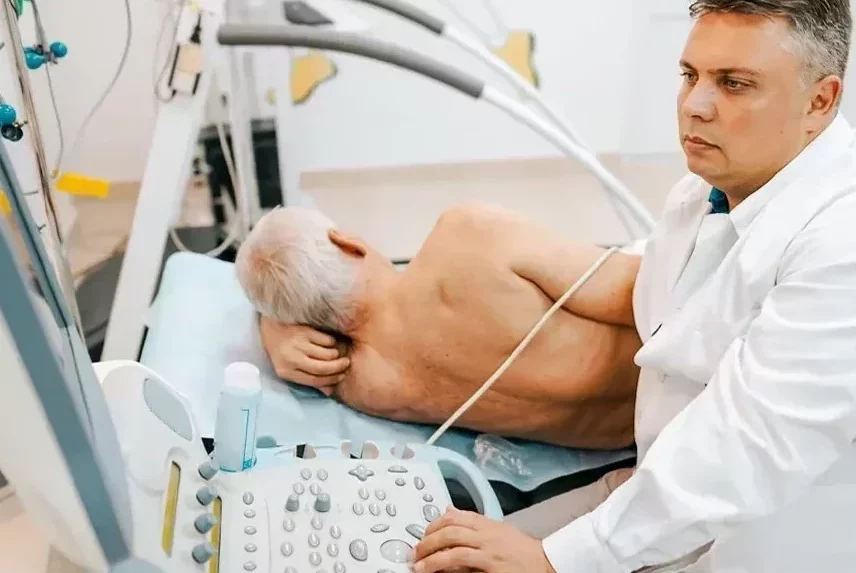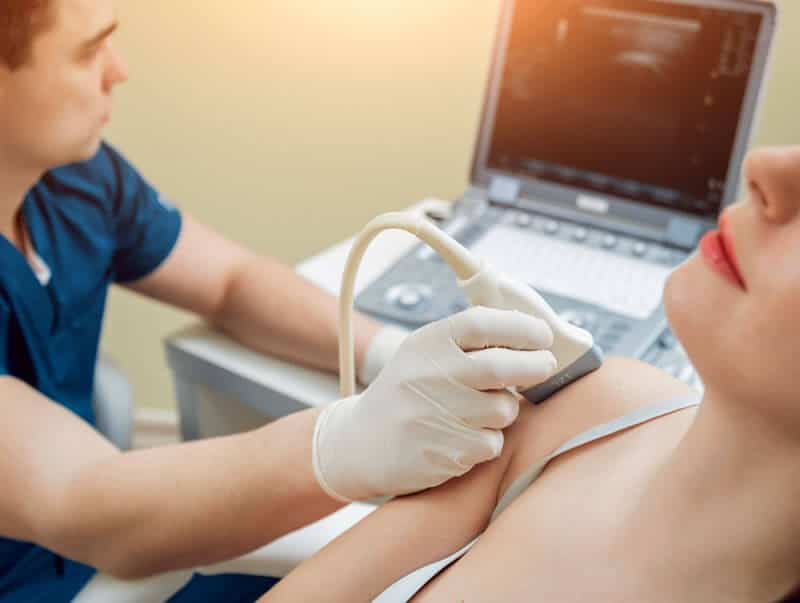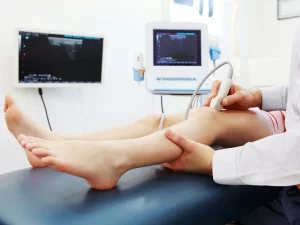Hernia Private Ultrasound Scan
£197
A hernia ultrasound is a non-invasive, radiation-free imaging test used to detect and assess hernias in different areas of the body. It helps identify the type, size, and severity of the hernia.
What It Evaluates:
✅ Presence of a Hernia – Confirms if a hernia is present and its location.
✅ Type of Hernia – Identifies different types, such as:
- Inguinal Hernia (groin area)
- Umbilical Hernia (near the belly button)
- Incisional Hernia (at previous surgical sites)
- Femoral Hernia (upper thigh/groin)
- Epigastric Hernia (upper abdomen)
✅ Size & Extent – Measures the hernia and checks if it increases with straining.
✅ Contents of the Hernia – Determines if it contains fat, bowel loops, or other tissues.
✅ Strangulation or Complications – Assesses if blood flow is restricted, which can be a surgical emergency.
✅ Reducibility – Checks if the hernia can be pushed back into place or if it is trapped (incarcerated).
Why Get a Hernia Ultrasound?
🔹 Swelling or bulging in the abdomen or groin
🔹 Pain or discomfort, especially when coughing, lifting, or straining
🔹 Suspected complications, such as strangulation or obstruction
🔹 Monitoring hernia size and changes over time
This quick, painless, and effective scan helps guide treatment decisions, including surgery if needed.
Book Your Appointment
Why do I need to have a hernia ultrasound scan?
You will need to have hernia ultrasound scan if you have one or more of the following signs and symptoms;
- Bulging or lump in the area on either side of the pubic bone(groin) or abdominal(tummy) wall, it is more palpable and visible when standing, especially with cough or strain
- Discomfort with a bowel movement or during urination
- A burning or aching sensation at the bulged region
- Pain or discomfort and swelling in the groin or abdominal wall, especially when bending over, coughing, lifting, or moving heavy items
- A heavy or dragging feeling in groin or abdomen
- Weakness or pressure in the groin or anterior abdominal wall
- Occasionally, pain and swelling around the testicles when the protruding intestine descends into the scrotal area
- Discomfort at the end of an active day
What does the hernia ultrasound scan include?
In this scan we will
- Evaluate the area of suspected hernia with ultrasound, which is usually a Bulged, painful, or symptomatic part of your body. It can be in the Epigastric, Umbilical, Inguinal, or any area in the abdomen where the suspected hernia is.
- Take your relevant medical history
- Provide 10 minutes consultation
- Explain all findings during and after your ultrasound scan
- Write an official scan report after your scan or within 24 hrs, with appropriate images included in the report
- Recommend a follow-up ultrasound scan if necessary
- Offer GP or specialist referral and a Blood Test if needed
What is the most common finding of a hernia ultrasound scan?
- Hernia ultrasound scan includes a comprehensive evaluation of the groin, inguinal canal, anterior abdominal wall, or other suspected regions and adjacent structures to diagnose suspected hernia.
- To identifiy the types of hernia;
- Epigastric hernias
- Femoral hernias
- Incisional hernias
- Inguinal hernias (75% of all hernias)
- Spigelian hernias
- Umbilical hernias
- Incidental finding of cancer or other life-threatening diseases in the scanned area
- To find other possible cause of enlargement or inflammation such as lymph nodes
Would I need a blood test?
What kind of preparation do I need?
What happens during the hernia ultrasound scan?
When will I get the results?
What are the risks of a hernia ultrasound?
Other Services

Women Scans
All Women health services

Men Scans
All Men Health Services

Musculoskeletal
Ultrasound Scans

Vascular Scans
Vascular Doppler Scans

